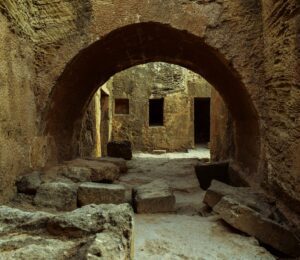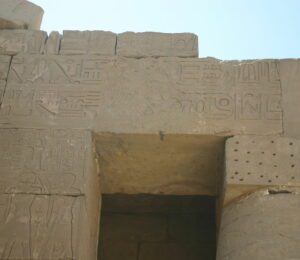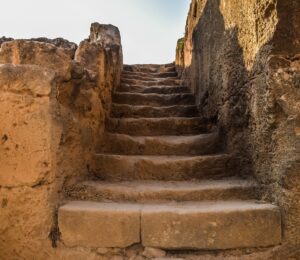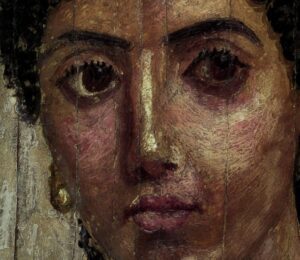Jerusalem Chronicle
The Jerusalem Chronicle is one of a series of a history written concerning the fir eleven years of the reign of Nebuchadnezzar II. The chronicle concerns the period between 605 and 594 BC including his military campaigns against various other countries including Judah, Egypt, and Assyria. The table is currently housed in the British Museum in London, and measures 3.25 inches by 2.4 inches long. Even though it was acquired in the antiquities market and its original place of origin is unknown, it has been verified as being genuine. The Historicity of the Biblical Account The document is important as… Read More »










